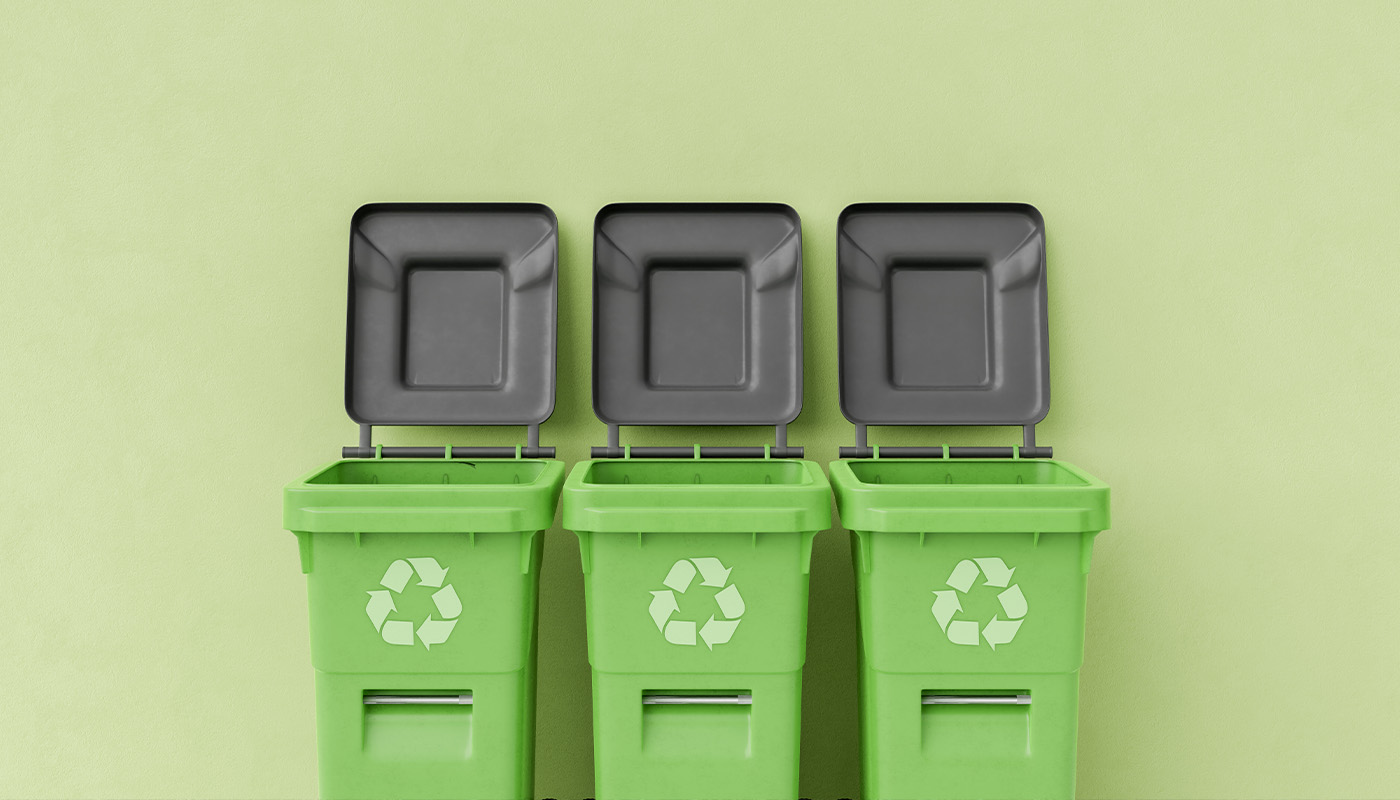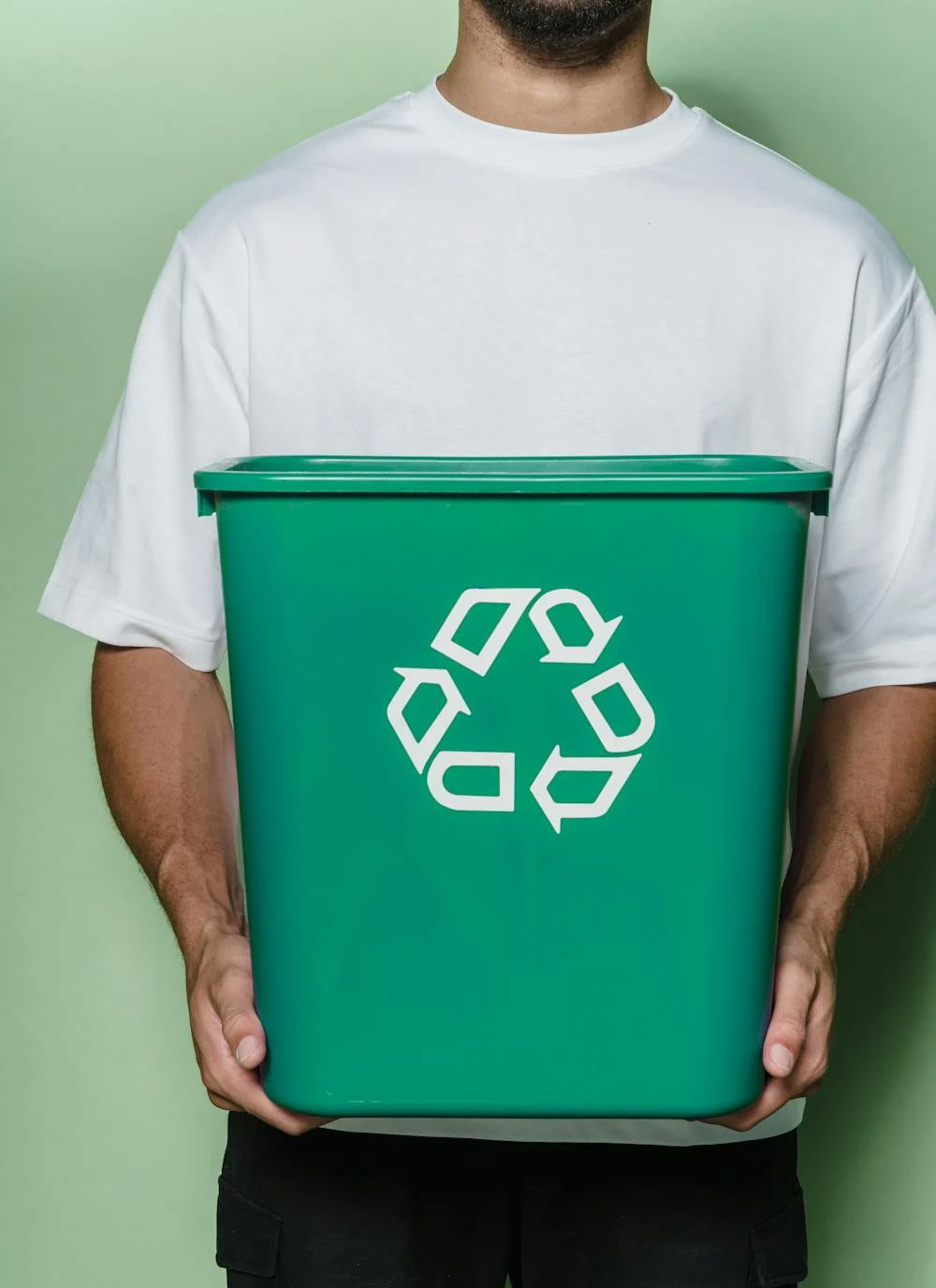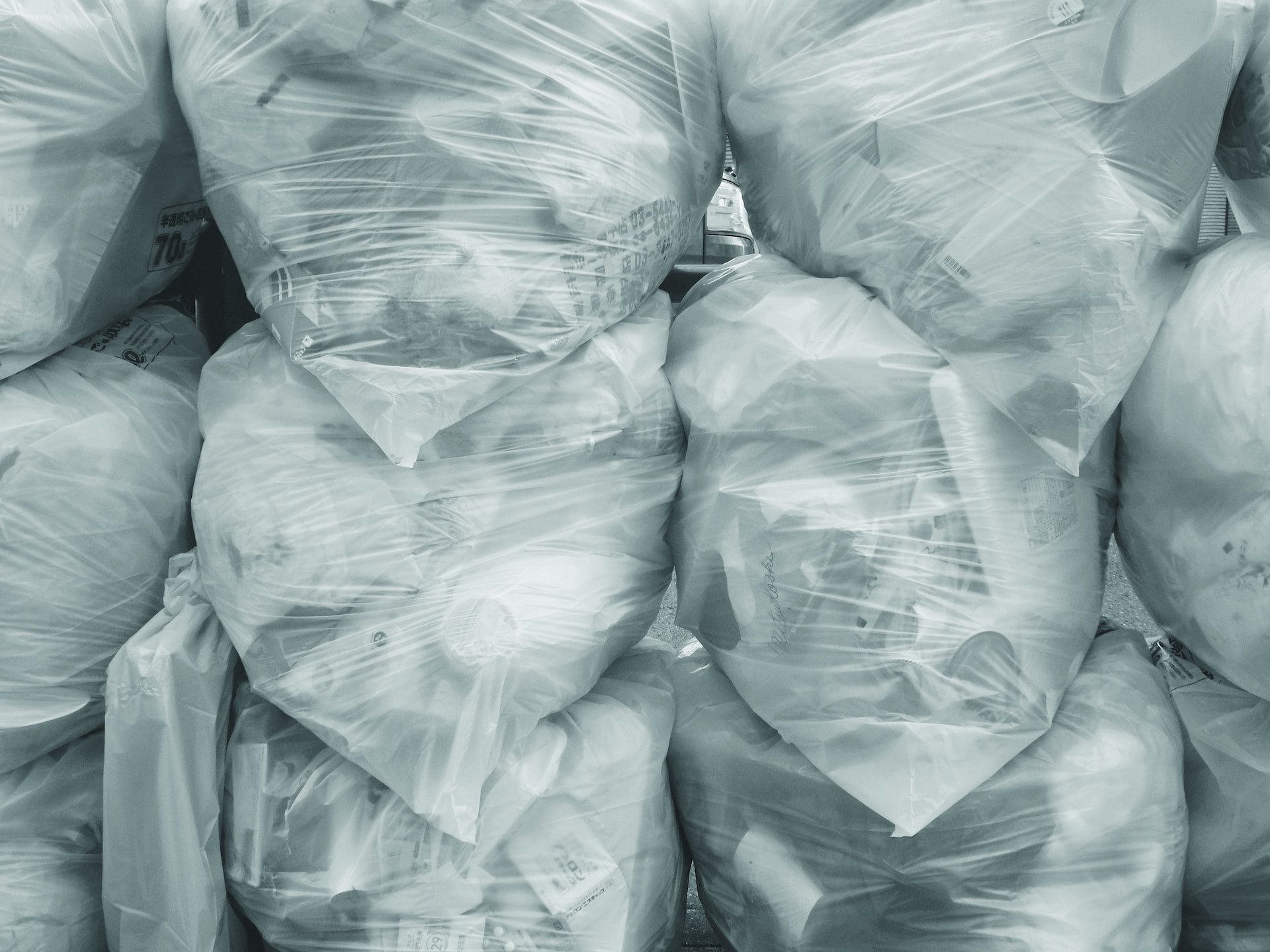What are ‘difficult to recycle’ items and what does my business do with them?
FRIDAY 12th JULY 2024

Effective waste management is key to running a sustainable business
With the climate crisis growing more serious every year, today’s businesses must display a high level of environmental responsibility in order to succeed, and this includes sustainable waste management.
Proper waste management and recycling can reduce your business’ carbon footprint and costs, while also earning you a reputation as a brand that cares about its customers and the world we all inhabit.
However, not all items are straightforward to recycle. Understanding these ‘difficult to recycle’ items and knowing how to handle them can significantly improve your business’ green efforts, and we’re here to break it down for you.
What are ‘difficult to recycle’ items?
Certain waste items are classed as ‘difficult to recycle’ because of their composition, size, or contamination with other substances. Due to these factors, these items can’t be easily processed through standard recycling channels.
These items often require specialised treatment, handling, or disposal methods that businesses need to be aware of in order to practice effective waste management. Let’s break down some of the common ‘difficult to recycle’ items.
Electronics and e-waste
Computers, mobile phones and batteries contain hazardous materials like mercury and lead that can cause damage to the environment if they aren’t handled properly and disposed of responsibly. Light bulbs pose similar problems, as fluorescent bulbs contain mercury while LED bulbs have several components that are difficult to separate.
Plastic bags and film
Soft plastics can be difficult to recycle because they are prone to clog machinery. As such, cling film, shopping bags, and bubble wrap aren’t typically accepted in recycling bin collections.
Mixed-material items
Products made from multiple materials can be challenging to separate and process. This includes laminated packaging and certain kinds of clothing, like those with both fabric and metal components.
Medical waste
Medical waste can be particularly hazardous and difficult to handle. Syringes, medication containers, medical gloves and other healthcare waste can pose health risks and require specialised disposal.
Polystyrene and Styrofoam
These lightweight and bulky materials are commonly used in packaging, but are difficult to recycling through standard processing due to their unusual make-up.


What happens when these items aren’t disposed of properly?
The improper disposal of ‘difficult to recycle’ items can result in significant environmental harm, as well as – in the case of medical waste and other hazardous materials – potential harm to the people handling it.
Hazardous substances can leach into soil and water, posing risks to both wildlife and human health, while simply sending these materials to landfill can result in waste overflows and increased greenhouse gas emissions.
How to handle ‘difficult to recycle’ items
Compliance
There are key strategies your business can put in place to make handling ‘difficult to recycle’ items easier. And no matter the strategy, it should start with a waste audit. This helps identify the types and quantities of waste your business produces, creating the vital first step to dealing with it.
Partnering with specialised recycling services and implementing take-back programs can also improve your commercial waste management. Specialised recycling services often focus on ensuring tricky items are disposed of responsibly, while take-back programs allow customers to return used products to you for proper disposal.
You should also stay informed on any updates to waste management regulations in your area, and communicate the importance of proper waste management to staff and customers.
Get in touch with Everflow today
Looking for the best commercial waste collection services for your needs? You’re in the right place. Get in touch with our team today to find out how we can support your organisation.